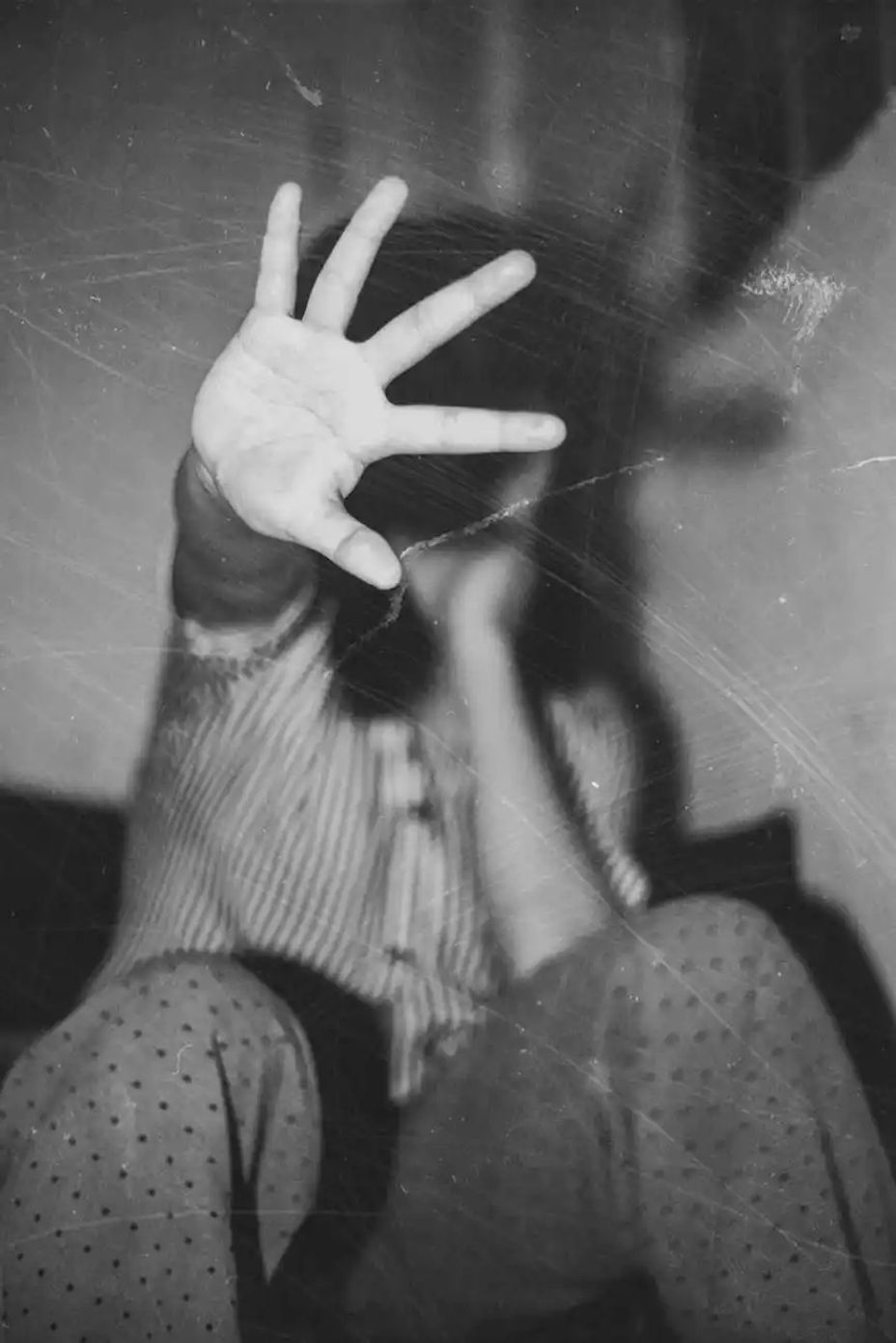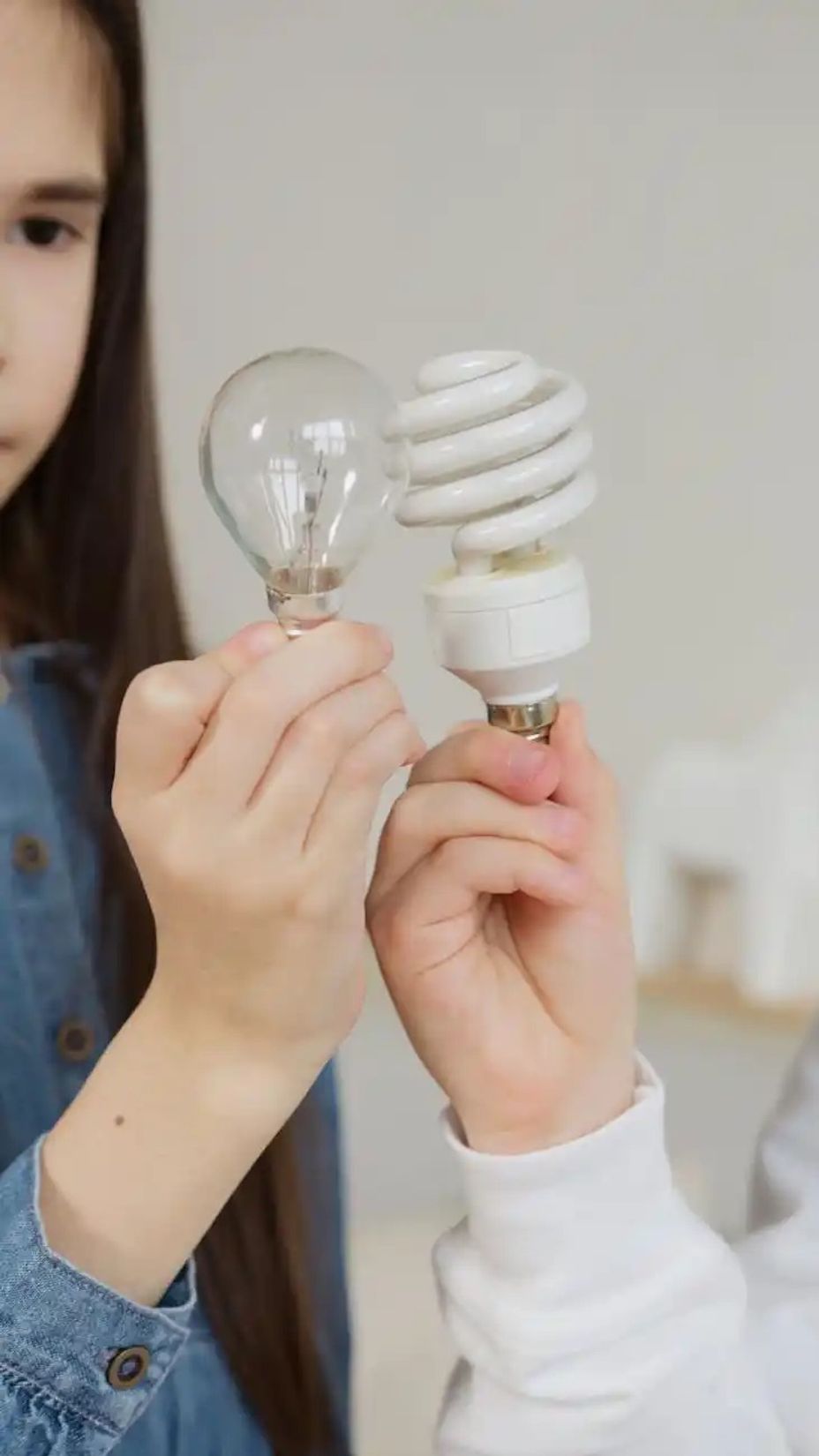Navigating Silence and Feelings of Rejection
Lately, I’ve been experiencing intense rejection sensitivity. I’ve gone through some circumstances that triggered these heavy emotions, and I must admit, they’ve been difficult to manage.
Over the holiday season, I felt left out. Unwanted. Unthought of.
I had been told by my family that everyone was doing their own thing this year. So, when Christmas Eve came around, I assumed there were no plans. But then my cousin texted me, casually asking if I was going to our other cousin’s house for dinner.
I had no idea what she was talking about.
I told her I must have missed the invite. That’s when my dad got involved. He reached out to his sister to ask why I wasn’t invited, and suddenly the story shifted. It was made to seem like I had been invited all along.
But that wasn’t true. Because if I had been invited, I would have been there.
I’m a stickler for tradition. I like things to stay the same, especially around the holidays. Family dinners are one of those traditions. So, finding out about plans after the fact felt jarring, like I had already missed something important without realizing it.
Eventually, the cousin who was hosting texted me and said, “Oh, you can come? I thought you were cooking?”
By that point, I already was.
I had made plans based on the information I was given, so I kindly told her I couldn’t make it after all. And then… nothing. Complete silence.
I followed up, trying to smooth things over. “I hope we can hang out soon.” No response. No reassurance. And no acknowledgment. Just silence.
I felt embarrassed that a scene had been made at all. Embarrassed that my dad chose to step in. And now, I can’t shake the feeling that everyone sees me as this fragile person who acts up when she feels left out.
This all stems from wanting inclusion because silence can often feel louder than words.
Before logic can remind me that people get busy or distracted, my mind and my body has already decided that something is wrong. Silence, to me, feels like distance. And that distance feels like rejection.
There’s been another thing that’s been irking me lately. One of my best friends is getting married. She’d told me about the engagement, but I hadn’t heard from her since. I had to find out through other friends what the plans for her wedding were. Turns out she’s getting married later this year in Romania. So, me having the RSD I have, I certainly can’t miss it.
I’m also going out there for my birthday in a few days, and I had planned to stay in Portland for a week. Come to find out, she’s having her engagement party later on that month. I was perplexed and confused as to why she couldn’t have planned it while I was already in town. But once again, I have a fear of missing out, so I decided I will most likely stay for the whole month just so I won’t miss it.
But what hurts most? The silence, yet again. There has been no communication between the two of us, and it hurts my feelings so much to learn about everything she’s planning through other friends. It makes me feel like I’m unwanted, or just not even thought of at all.
I’ve been contemplating talking to her about the distance I feel, but I’m afraid she might actually tell me she doesn’t want to be friends anymore. Deep down, I know she would never, but still, these thoughts cross my mind whether I like them or not.
When I reflect and look at these moments side by side, I see a clear pattern. It isn’t just about holidays or weddings or missed plans. It’s about silence and what silence activates in me.
This is what rejection sensitivity looks like for me.
When communication drops off or plans change without explanation, my body quickly fills in the gaps, often with fear, self-blame, and doubt.
What makes it so hard is that what I want in those moments isn’t conflict or confrontation. It’s clarity, inclusion, and knowing that I matter enough to be thought of, considered, remembered.
But speaking up feels too risky. There’s always a quiet fear in the background: What if saying something confirms what I’m already afraid of? So, I hesitate, stay quiet, and swallow my feelings. I try to regulate myself before reaching for connection, even when the silence is what’s hurting me most.
These reactions aren’t about the present moment alone. They’re layered with memory. With past experiences of being misunderstood, overlooked, or made to feel like I was too much to handle. I remember those moments, even when my rational mind wants to give people the benefit of the doubt.
I’m still learning how to sit with this sensitivity without turning it inward. To remind myself that wanting inclusion doesn’t make me needy, and needing clarity doesn’t make me difficult.
Silence may always register loudly in my body, but that doesn’t mean I’m wrong for feeling it. It means I care deeply about connection, and I’m learning how to hold that truth.
When you notice silence from someone you care about, how does your body react before your mind can process it? How might you respond differently knowing it could be about them, not you
“The greatest thing in the world is to know how to belong to oneself.” – Michel de Montaigne
#MentalHealth #Neurodiversity #ADHD #Anxiety #Depression #AutismSpectrumDisorder #Autism






